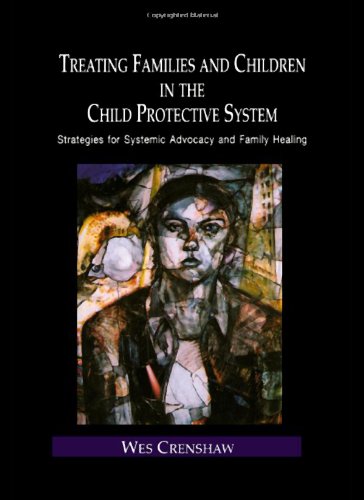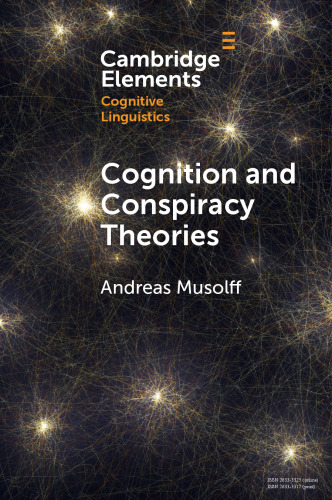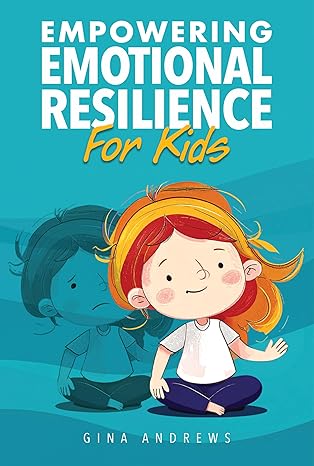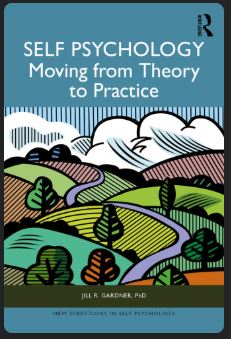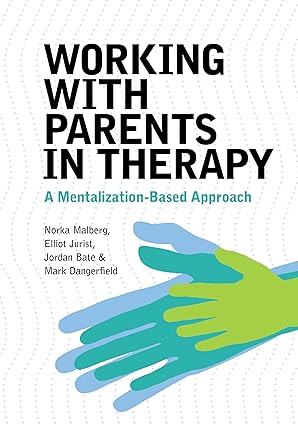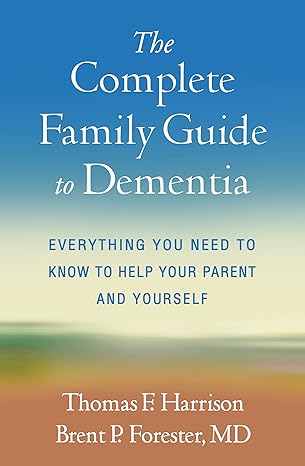On first blush the notion of justice may seem an unlikely subject for family therapy intervention; the topic seems more in the domain of lawyers, judges, and philosophers than psychologists, social workers, and family therapists. Issues of boundaries, engagement, hierarchy, differentiation, triangulation, birth order, and circularity seem more appropriate targets for intervention than the abstract and often ambiguous realm of justice. Yet a significant failure in any of these domains may initiate a process of wrongfulness that ultimately leads to what we have come to call family injustice. For example, marriage ceremonies are designed to transfer the loyalties from the family of origin to the new spouse. Sometimes the family does not surrender that loyalty, violating the boundaries and hierarchy across generations, leading to a sense of injustice in the new couple and within the individual that can cause one spouse or the other to feel torn between past and future loyalties (Madanes, 2000). In blended families, a stepparent may reject or compete with a stepchild or vice versa, creating another sort of injustice with serious ramifications for family functioning. Another example involves implicit contracts in the family regarding who takes care of whom. Injustices occur when, for example, a child is expected to take on adult roles to the detriment of his or her own childhood. It is not difficult to generate a hundred more examples, varying from the simple and elegant to the most profound and tragic. None of this is lost on our children. It is nearly universal among parents that we will eventually face our child’s first attempt at the invocation of justice when they protest “Daddy, that’s not fair!” My youngest daughter began this strategy shortly after her third birthday. Far from an annoyance, this should be seen as the beginning of the child’s struggle with right and wrong, and her attempt to hold us to the same standard. In fact, I see families as being in a constant struggle to establish justice at home, and then to establish it in the world around them. And even if the understanding of right and wrong is not pre-programmed into us as a universal code, the need to understand and distinguish one from the other is. Thus, the thoughtful family therapist, always striving to understand complex systems of human interplay, cannot avoid dealing with themes of justice and injustice, even as they often try to.
چکیده فارسی
در ابتدا، مفهوم عدالت ممکن است موضوعی بعید برای مداخله خانواده درمانی به نظر برسد. به نظر می رسد موضوع بیشتر در حوزه حقوقدانان، قضات و فیلسوفان باشد تا روانشناسان، مددکاران اجتماعی و خانواده درمانگران. مسائل مربوط به مرزها، مشارکت، سلسله مراتب، تمایز، مثلث بندی، ترتیب تولد، و دایره ای بودن به نظر می رسد اهداف مناسب تری برای مداخله نسبت به قلمرو انتزاعی و اغلب مبهم عدالت باشد. با این حال، یک شکست قابل توجه در هر یک از این حوزهها ممکن است آغازگر فرآیندی از نادرستی باشد که در نهایت منجر به چیزی شود که ما آن را بیعدالتی خانوادگی مینامیم. به عنوان مثال، مراسم ازدواج برای انتقال وفاداری از خانواده مبدأ به همسر جدید طراحی شده است. گاهی خانواده این وفاداری را تسلیم نمیکند، مرزها و سلسلهمراتب را در نسلها زیر پا میگذارد، که منجر به احساس بیعدالتی در زوج جدید و در درون فرد میشود که میتواند باعث شود که یکی از همسران بین وفاداریهای گذشته و آینده احساس گسیختگی کند (Madanes, 2000). در خانوادههای مختلط، ناتنیها ممکن است فرزند ناتنی را رد کنند یا با آن رقابت کنند یا برعکس، نوعی دیگر از بیعدالتی را با پیامدهای جدی برای عملکرد خانواده ایجاد کنند. مثال دیگر شامل قراردادهای ضمنی در خانواده در مورد اینکه چه کسی از چه کسی مراقبت می کند است. بی عدالتی زمانی رخ می دهد که مثلاً از کودکی انتظار می رود که نقش های بزرگسالی را به زیان دوران کودکی خود ایفا کند. تولید صدها مثال دیگر، از ساده و ظریف تا عمیق ترین و غم انگیزترین، کار دشواری نیست. هیچ کدام از اینها برای فرزندان ما گم نمی شود. در میان والدین تقریباً جهانی است که ما در نهایت با اولین تلاش فرزندمان برای استناد به عدالت روبرو خواهیم شد، وقتی آنها اعتراض می کنند "بابا، این عادلانه نیست!" کوچکترین دختر من این استراتژی را اندکی پس از تولد سوم خود آغاز کرد. به دور از آزار، این را باید آغازی برای مبارزه کودک با حق و باطل و تلاش او برای نگه داشتن ما در همان استاندارد دانست. در واقع، من خانوادهها را برای برقراری عدالت در خانه و سپس برقراری آن در دنیای اطراف خود در تلاش دائمی میدانم. و حتی اگر درک درست و غلط از قبل به عنوان یک رمز جهانی در ما برنامه ریزی نشده باشد، نیاز به درک و تمایز یکی از دیگری است. بنابراین، خانوادهدرمانگر متفکر، که همیشه در تلاش برای درک سیستمهای پیچیده تعامل انسانی است، نمیتواند از پرداختن به موضوعات عدالت و بیعدالتی اجتناب کند، حتی همانطور که اغلب سعی میکند.
ادامه ...
بستن ...
Author(s): Wes Crenshaw
Year: 2004
ISBN: 0415948703,9780415948708,9780203501801
ادامه ...
بستن ...
